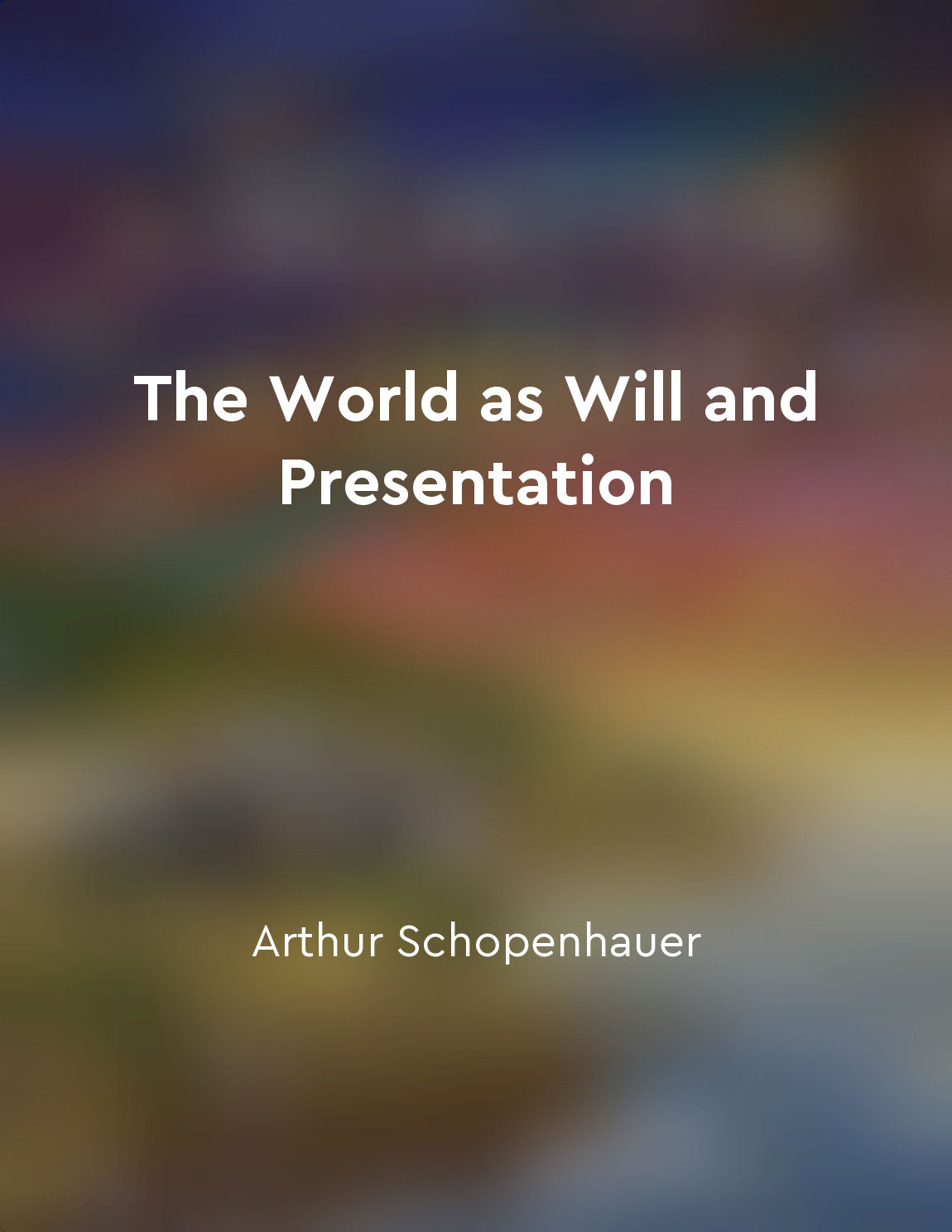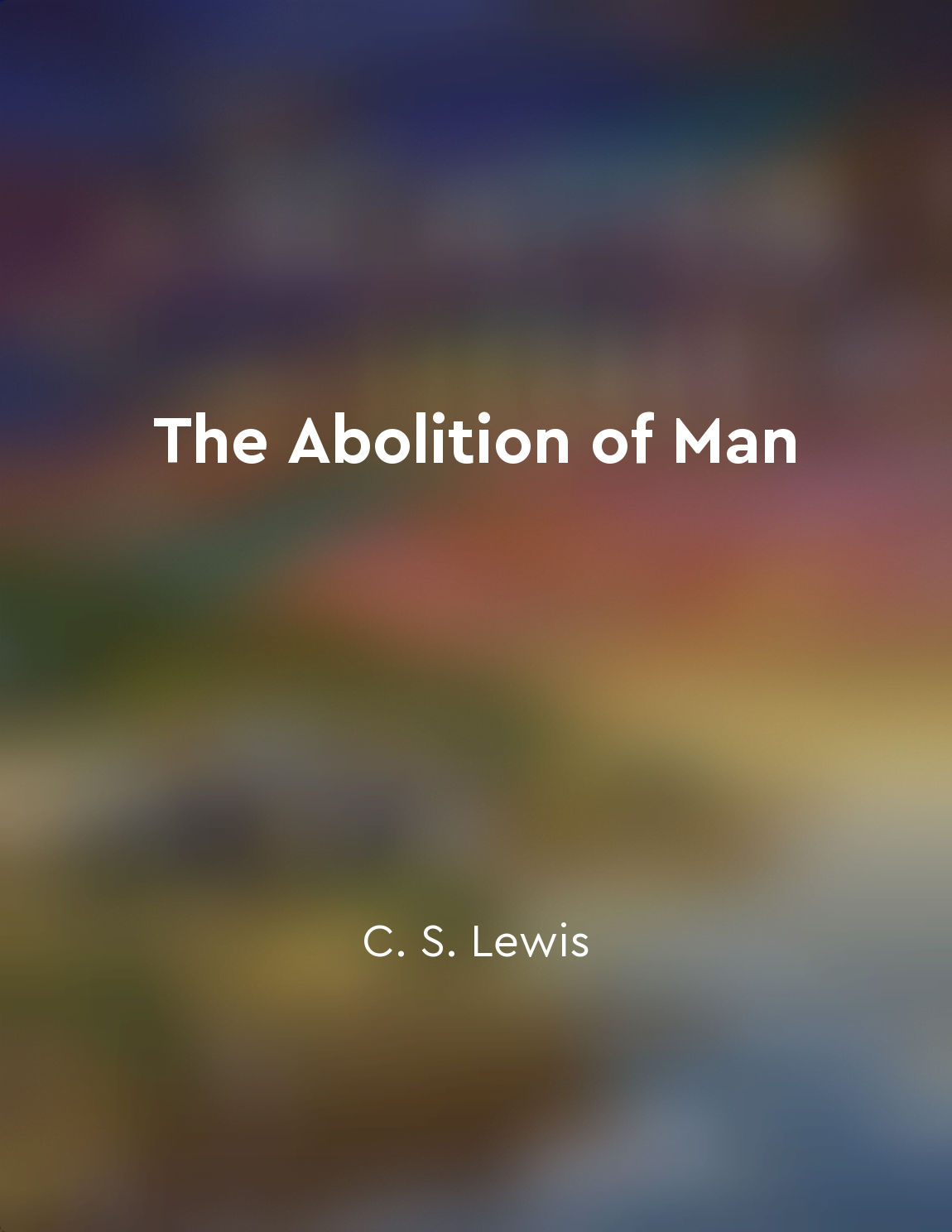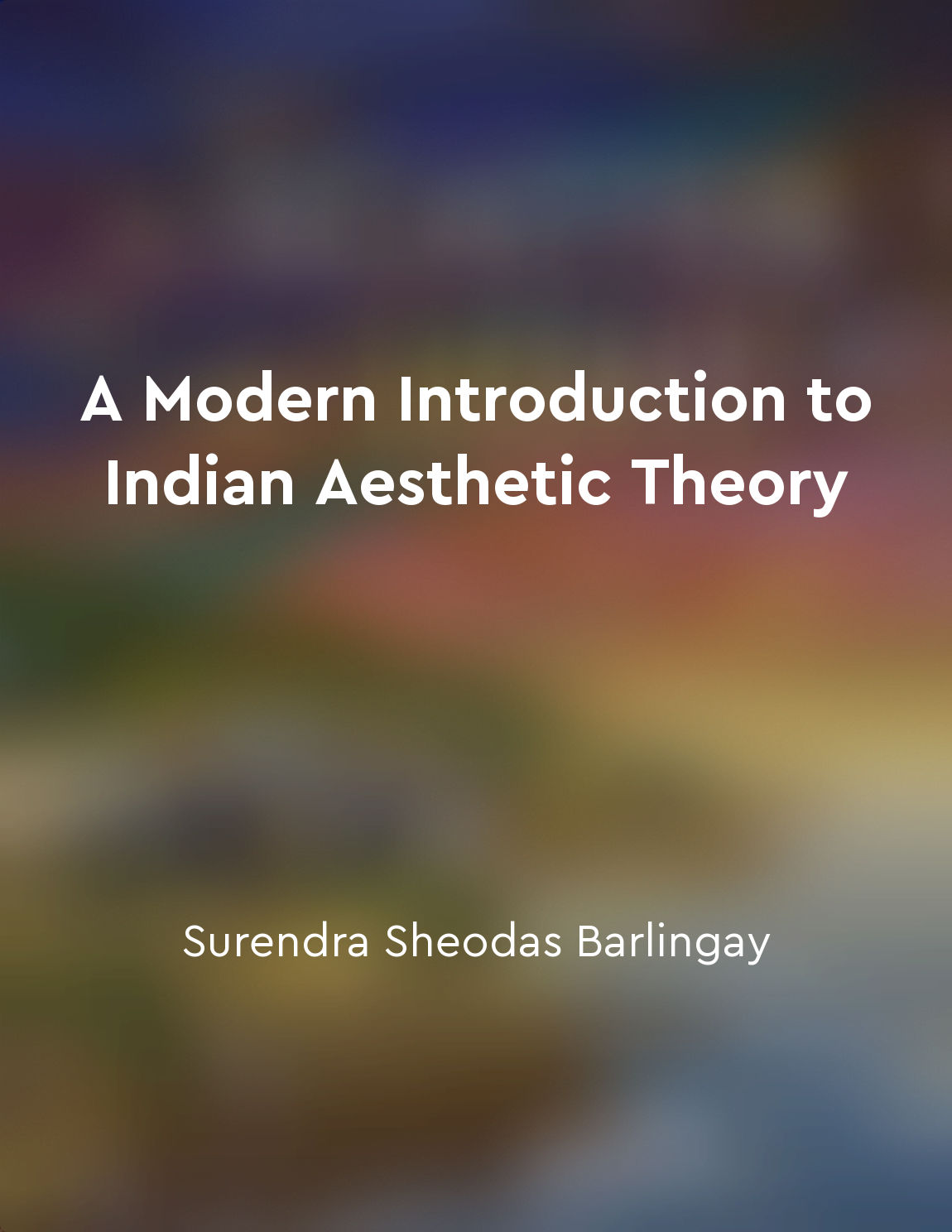Aesthetic taste is universal among humans from "summary" of Critique of Judgement by Immanuel Kant
The concept that aesthetic taste is universal among humans is not merely a subjective assertion, but rather a fundamental principle that underpins the nature of beauty itself. According to Kant, aesthetic judgments are based on a feeling of pleasure or displeasure that is universally shared by all individuals, regardless of their cultural background or personal preferences. This feeling of pleasure is not contingent upon any external factors such as social norms or personal experiences, but rather arises from an inherent harmony between the cognitive faculties of the mind. Kant argues that aesthetic judgments are distinct from empirical judgments in that they are not based on concepts or rules, but rather on a subjective feeling of pleasure that is grounded in the free play of the imagination and understanding. This feeli...Similar Posts

The struggle between reason and emotion
In the ceaseless stream of life, a perpetual conflict rages within us—a conflict between reason and emotion. Reason, with its c...

Necessity of transcendent moral principles for civilization
Without a foundation of transcendent moral principles, civilization is at risk of crumbling into chaos. The idea that there are...
Dialogism is essential for understanding language
Dialogism plays a crucial role in the understanding of language. It is through dialogue, through the interaction between differ...
Feminist philosophy seeks to challenge patriarchal structures
Feminist philosophy aims to question and dismantle the dominance of patriarchal structures within society. This school of thoug...
Intuition allows for a direct experience of beauty
Intuition, in its purest form, serves as a conduit for a direct encounter with beauty. It allows the individual to perceive bea...
Art enriches the human experience through beauty and meaning
In considering the concept of art, we must acknowledge its profound impact on the human experience. Art transcends mere aesthet...
Existential questions drive philosophical inquiry
Existential questions, those probing queries about the nature of existence and the meaning of life, serve as the fuel that prop...
Concepts without intuitions are empty
According to Kant, concepts without intuitions lack content and are therefore empty. In other words, concepts, or the general i...

The role of the audience in experiencing Rasa
The concept of the role of the audience in experiencing Rasa is a fundamental aspect of Indian Aesthetic Theory. Rasa, as an ae...
The romantic outlook celebrates passion and individuality
The romantic outlook, as expounded in Risinger's analysis, emphasizes the value of passion and individuality in human experienc...
